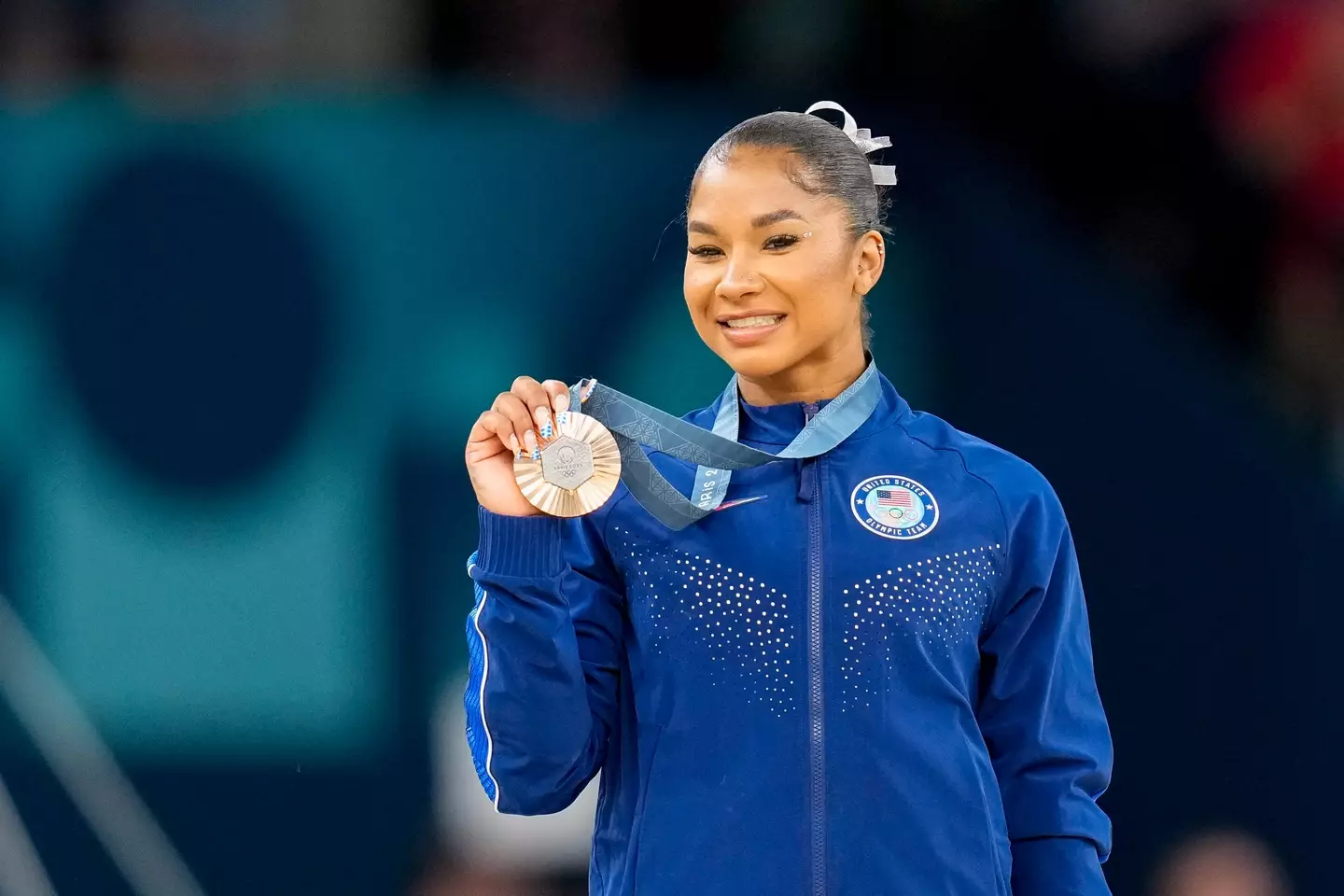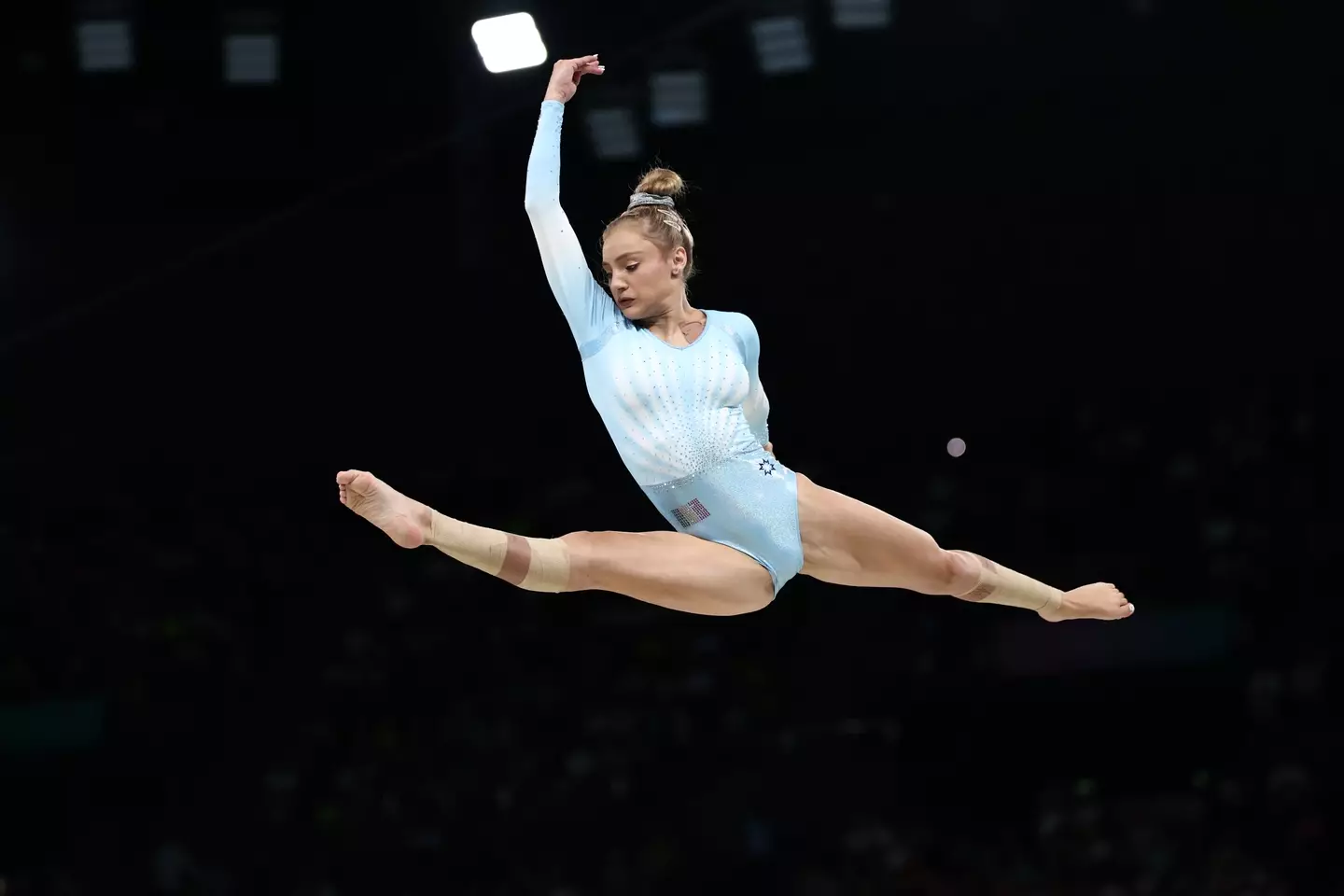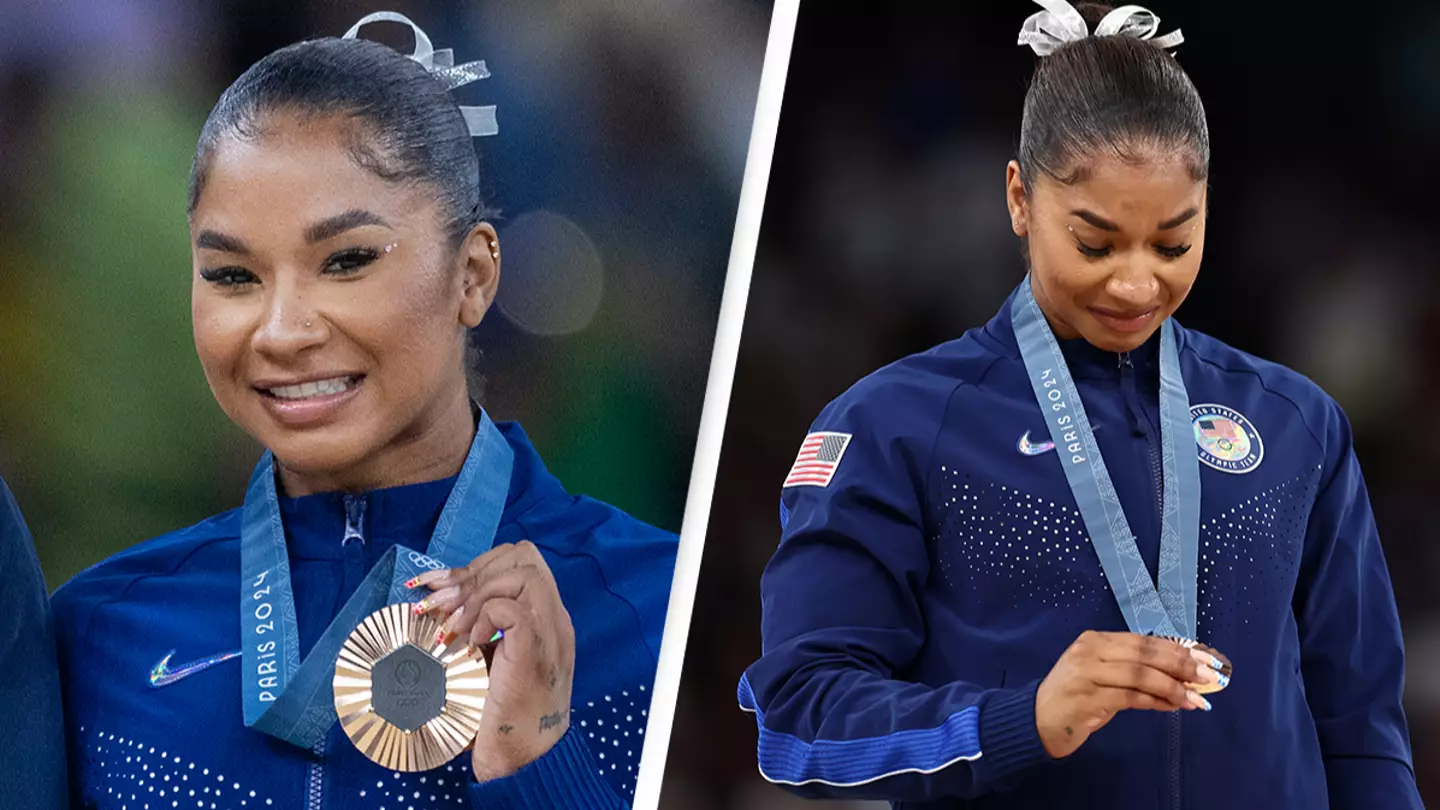A proposal to ‘split’ a bronze medal between two athletes could have further implications as the arbitration process continues.
Although the Paris Olympics have concluded, a lingering controversy remains unresolved.
Arbitration is ongoing regarding a dispute between the US and Romanian Olympic teams about who deserves the bronze medal.
The issue involves not just one athlete from each side, but two from the Romanian team, Ana-Maria Bărbosu and Sabrina Maneca-Voinea, and one from the US team, Jordan Chiles.
Originally, Chiles had placed fifth in the women’s floor final, but her score was later upgraded following a ruling from the Court of Arbitration for Sport.
This upgrade came after her coach, Cecile Landi, filed an appeal that increased Chiles’ difficulty rating.
However, the Romanian Olympic Committee has argued that Landi’s appeal was submitted more than one minute after the score was announced, which would invalidate it.

The Romanian Gymnastics Federation has now entered the fray with a suggestion to split the bronze medal three ways to resolve the dispute.
In a statement, the federation said: “The initiative to award bronze medals to all three athletes, Jordan Chiles, Ana-Maria Bărbosu, and Sabrina Maneca-Voinea, was proposed by the lawyers of the Romanian Gymnastics Federation, with the prior approval of the Federation.”
It added: “The leadership of the Romanian Gymnastics Federation (FRG), through its representatives, took all necessary steps to reach this consensus. We emphasize that certain requests were made by the American side to achieve this goal, and our side consistently complied with these requests, a fact that was appreciated by the American representative.”

While splitting the medal may seem like a reasonable solution, another complication has surfaced.
Reports in the US media suggest that the chair of the panel deciding the fate of the bronze medal has connections to Romania.
The Court of Arbitration for Sport (CAS) has responded to these allegations with a statement: “The Cas condemns the outrageous statements published in certain US media alleging that the panel, and more particularly its chairman, was biased due to other professional engagements or for reasons of nationality.
“As none of the parties involved in this case has challenged any panel member during the procedure, it can reasonably be assumed that all parties were satisfied to have their case heard by this panel. Any subsequent criticism is without foundation or merit.”
In the meantime, the dispute continues.

